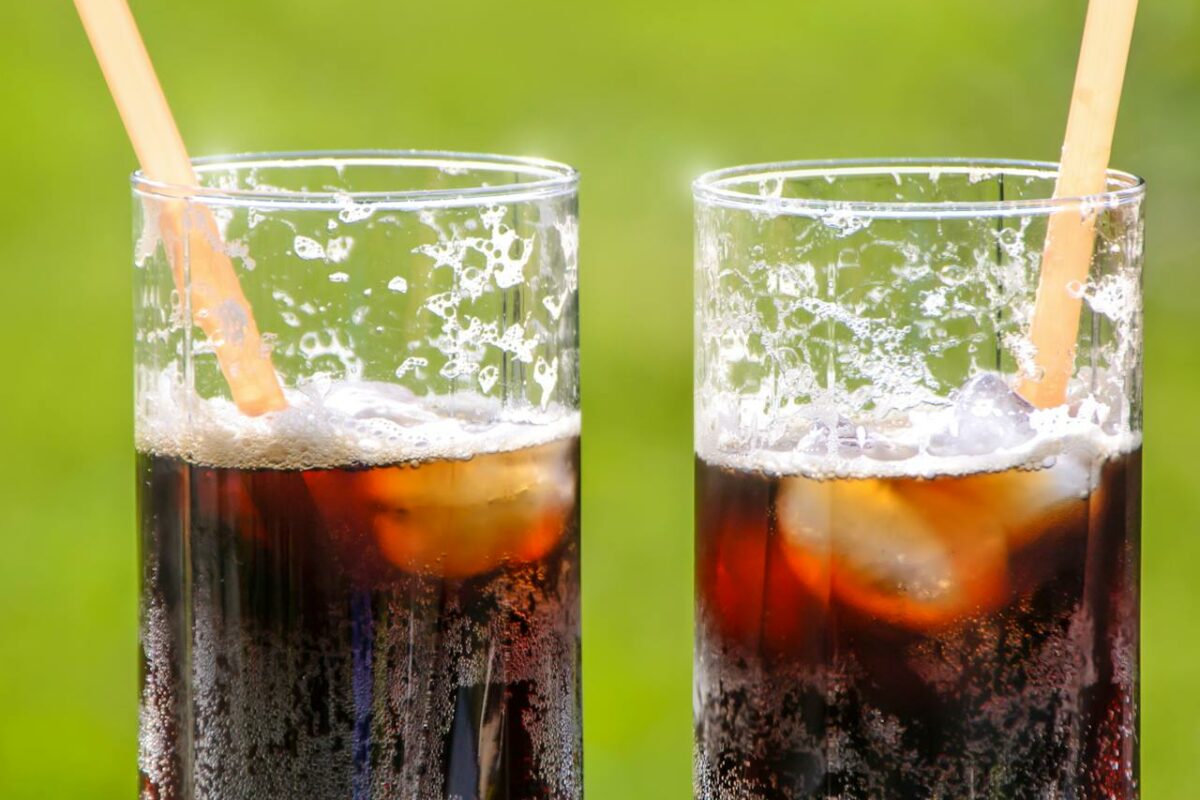Welcome to 5 Mile Smiles! We’re here to delve into a topic that impacts every aspect of your dental health: what you drink. While we often focus on what we eat, it’s easy to overlook the significant impact beverages can have on our teeth and gums. From sugary sodas to acidic juices, the drinks we consume play a crucial role in maintaining or deteriorating our dental health.
Picture this: you diligently brush and floss every day, visit your dentist regularly, but still find yourself facing dental issues. The culprit? Your beverage choices. In this article, we’ll explore the worst drinks for your teeth, shedding light on how these beverages can harm your dental health and what you can do to mitigate their effects.
So, grab a glass of water (the best drink for your teeth!) and let’s dive into the world of beverages and dental health.
Understanding the Impact of Drinks on Dental Health
Before we delve into the specific drinks that can wreak havoc on your teeth, it’s essential to understand how beverages can affect your dental health. When you consume drinks, especially those high in sugar or acidity, they come into direct contact with your teeth. This contact provides an opportunity for the harmful ingredients in these drinks to attack your tooth enamel, the protective outer layer of your teeth.
One of the primary culprits in many drinks is sugar. Sugary beverages such as sodas, energy drinks, and sweetened juices provide a breeding ground for bacteria in your mouth. These bacteria feed on the sugars in these drinks and produce acids as a byproduct. Over time, these acids can erode your tooth enamel, leading to cavities, tooth decay, and other dental issues.
In addition to sugar, acidity is another significant factor to consider. Acidic drinks, including citrus juices, sports drinks, and certain teas, can weaken your tooth enamel and make your teeth more susceptible to damage. The acid in these drinks can wear away the enamel, leading to sensitivity, discoloration, and even tooth erosion.
Furthermore, some beverages, such as coffee and tea, can cause staining on your teeth. While staining may not necessarily lead to dental problems, it can affect the appearance of your smile and contribute to self-consciousness about your teeth.
Overall, the impact of drinks on dental health is multifaceted. From sugar to acidity to staining, the beverages you consume can significantly influence the health and appearance of your teeth. Understanding this impact is the first step toward making informed choices about what you drink and how it affects your dental well-being.
The Worst Drinks for Your Teeth
Now that we understand the general impact of drinks on dental health, let’s explore some of the worst offenders when it comes to damaging your teeth.
- Sodas and Soft Drinks: Sodas are notorious for their high sugar content and acidity, making them one of the worst drinks for your teeth. Regular consumption of soda can lead to tooth decay, cavities, and erosion of enamel over time.
- Fruit Juices: While fruit juices may seem like a healthy choice, many commercially available juices contain added sugars and acids that can harm your teeth. Even 100% fruit juices can be high in natural sugars, which can contribute to tooth decay if consumed in excess.
- Energy Drinks: Energy drinks often contain high levels of sugar and acidity, posing a significant threat to dental health. The combination of sugar and acidity can lead to enamel erosion and increase the risk of cavities and tooth decay.
- Sports Drinks: While sports drinks are marketed as a way to replenish electrolytes and rehydrate after physical activity, they are often loaded with sugars and acids. Regular consumption of sports drinks can contribute to tooth erosion and dental problems.
- Sweetened Teas and Coffees: Sweetened teas and coffees, especially those with added syrups or flavorings, can be detrimental to dental health. The sugars in these drinks feed bacteria in your mouth, while the acidity can weaken tooth enamel over time.
- Alcoholic Beverages: Alcoholic beverages, such as cocktails and mixed drinks, can also impact dental health. Many cocktails contain sugary mixers or acidic ingredients that can harm your teeth, especially if consumed frequently or in large quantities.
- Carbonated Water with Flavorings: Flavored carbonated waters may seem like a healthier alternative to sodas, but they can still be harmful to your teeth. The carbonation in these drinks can increase acidity levels in your mouth, while added flavorings may contain sugars or acids that contribute to dental problems.
Overall, these drinks are among the worst for your teeth due to their high sugar content, acidity, and potential to contribute to enamel erosion and tooth decay. Limiting your intake of these beverages and practicing good oral hygiene can help protect your dental health in the long run.
Conclusion
While enjoying the occasional indulgence in these drinks may not immediately lead to dental problems, regular consumption can significantly increase the risk of tooth decay, cavities, and other dental issues. It’s essential to be mindful of your beverage choices and their potential impact on your dental health.
Incorporating healthier alternatives like water, unsweetened teas, and milk can help minimize the risk of dental problems while still keeping you hydrated and satisfied. Additionally, practicing good oral hygiene habits such as brushing and flossing regularly, along with routine dental check-ups, can further support your dental health and mitigate the effects of consuming these worst drinks for your teeth.
Remember, moderation is key, and being aware of the potential consequences of your beverage choices can go a long way in maintaining a healthy and vibrant smile for years to come. If you have any concerns about your dental health or need guidance on making better beverage choices, don’t hesitate to consult with your dentist or dental care provider. Your smile deserves the best care possible, so drink wisely and prioritize your dental health!


